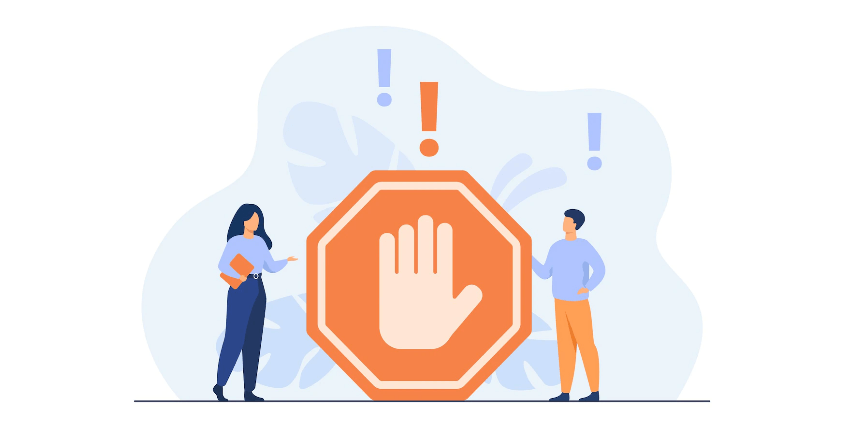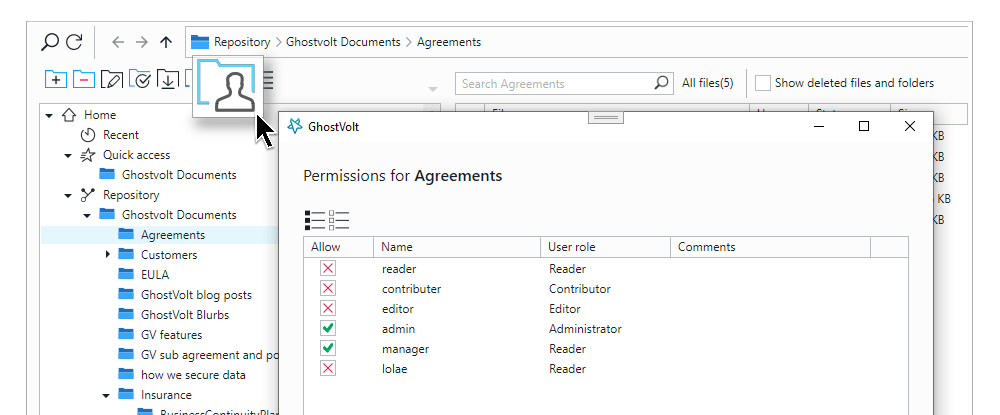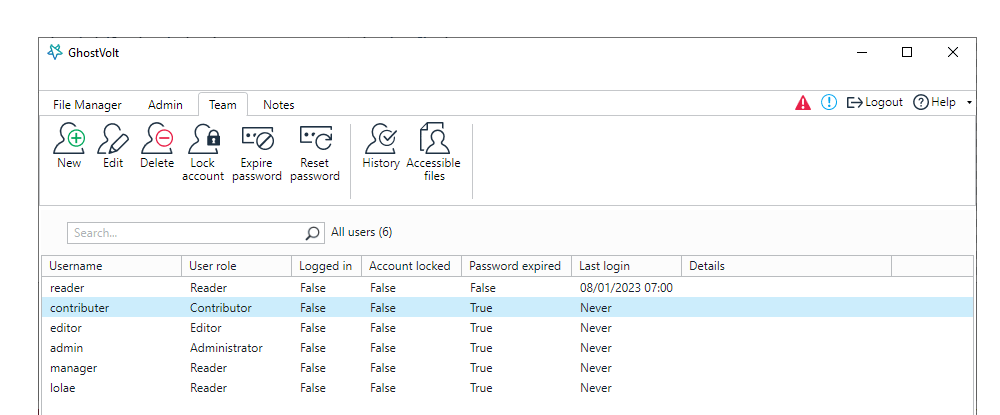Why Limiting Access to Files and Folders is Essential for Data Security and Compliance with HIPAA, GDPR, and CCPA
Learn the importance of limiting access to files and folders for preventing data breaches and ensuring compliance with regulations such as HIPAA, GDPR, and CCPA. Understand how data access controls and user roles can help in protecting sensitive information and avoiding costly penalties.

In today's digital age, data security is of the utmost importance for any organization. Data breaches can not only result in the loss of sensitive information but can also lead to significant financial and reputational damage. One way to prevent data breaches is by limiting access to files and folders.
Limiting access to files and folders ensures that only authorized users have access to sensitive or confidential information. By implementing data access controls and user roles, organizations can easily restrict access to specific files and folders, preventing unauthorized access and protecting against insider and external threats such as hacking or phishing attacks.
Moreover, limiting access to files and folders is a requirement of several compliance regulations such as HIPAA, GDPR, and CCPA. These regulations require organizations to implement strict controls over access to sensitive data and to maintain a record of all access. By limiting access to files and folders, organizations can easily comply with these regulations and avoid costly penalties.
HIPAA, for example, is a federal law that sets standards for protecting the privacy and security of certain health information. It requires that organizations implement physical, technical and administrative controls to protect the confidentiality, integrity and availability of electronic protected health information (ePHI). Limiting access to ePHI files and folders is an essential aspect of these controls.
Similarly, GDPR is a regulation that requires organizations to protect the personal data of EU citizens and to implement strict controls over access to personal data. CCPA is a California law that provides California residents with the right to know what personal information businesses collect about them, and to request that it be deleted. Both regulations require organizations to implement strict controls over access to personal data files and folders.
In conclusion, limiting access to files and folders is an essential step in preventing data breaches and ensuring compliance with regulations such as HIPAA, GDPR and CCPA. By implementing data access controls and user roles, organizations can easily restrict access to sensitive or confidential information and maintain a record of all access, protecting against data breaches and ensuring compliance with regulations.
Limit and Restrict Access to Your Files and Folders With GhostVolt
By limiting access to your data, your organization can protect sensitive or confidential information from being accessed by unauthorized users. This can prevent data breaches and protect you against insider and external threats, such as hacking or phishing attacks.
With built-in user roles and data access controls, GhostVolt ensures that only those with the correct permissions have access to your valuable data. There’s no complex settings or requirements, simply select a folder and choose who and at what level users have access.



